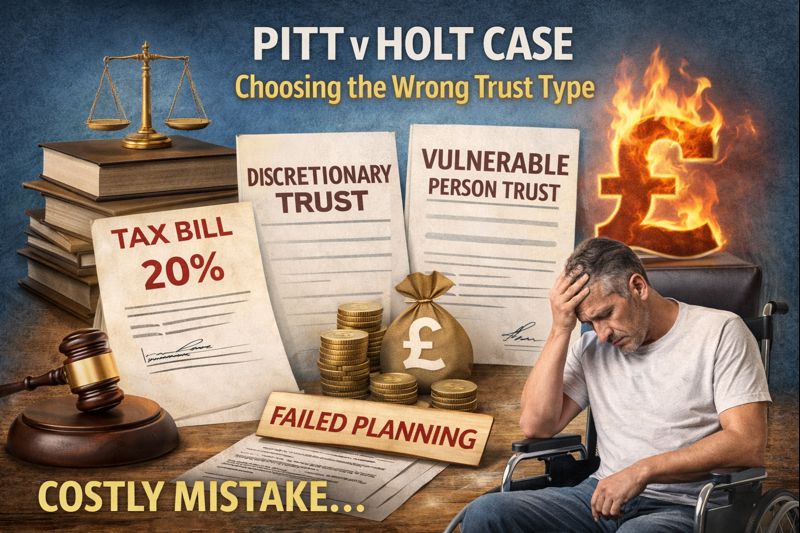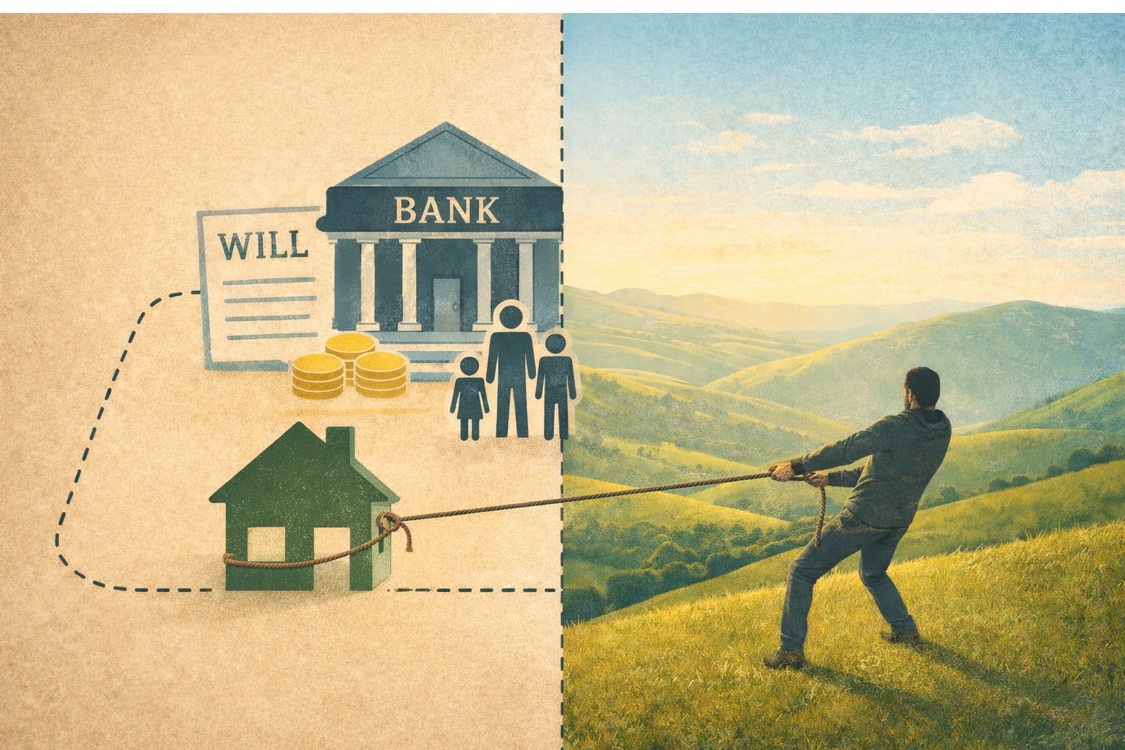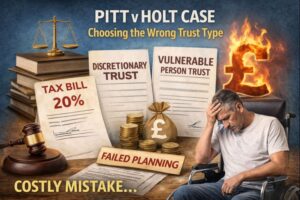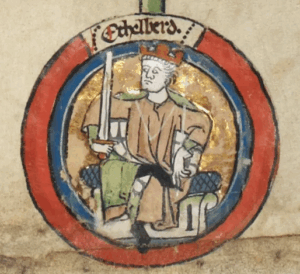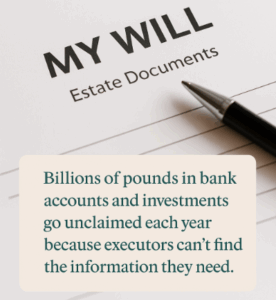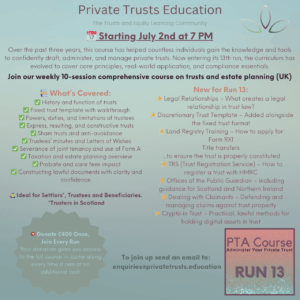4. Why is Ownership Dangerous?
When the legal title and the equitable title are held by the same ‘person’ (legal fiction and natural living being) then the property is considered part of that person’s ‘estate’. Any property held in a person’s estate is at risk of taxable obligations, debtor/creditor claims and challenges.
When a person is considered to be owing money, claimants will search public records to see what property that person owns. They can then apply for removal of goods or put a charge against the legal title of property registered with the Land Registry.
Through the act of the settlor giving up all rights, title, and interest in the property and splitting the two titles between trustee and beneficiary, any potential claimants searching for property held in a person’s estate would struggle to find the property.


The trustee is contracted to have obligations towards the beneficiaries. One crucial element of a private trust is the privacy. This means that the trustee would be breaching the trust if they were to divulge who the beneficiaries are.
